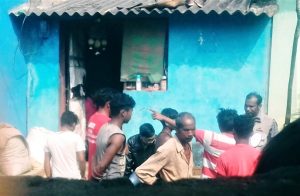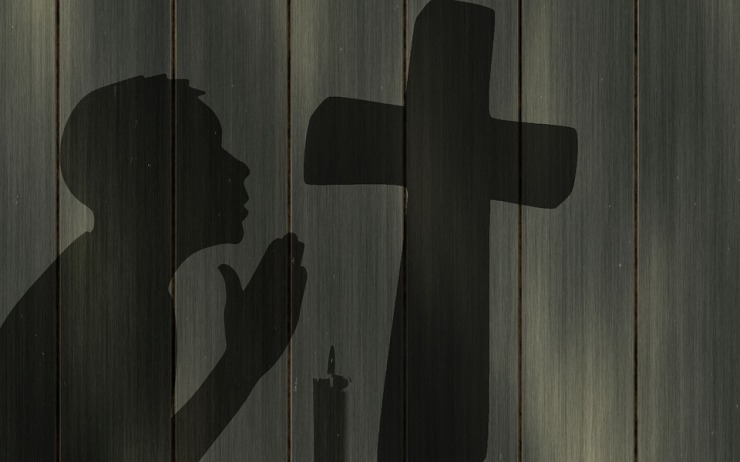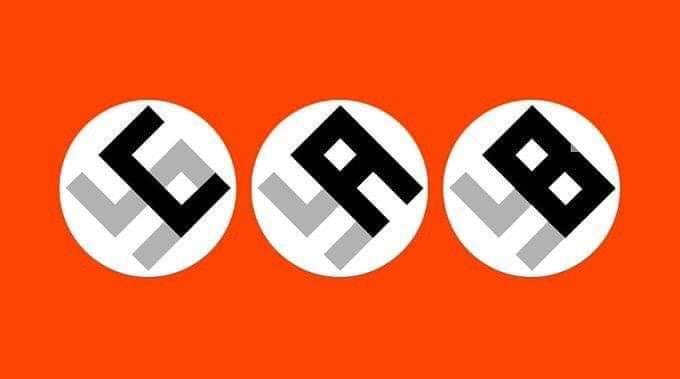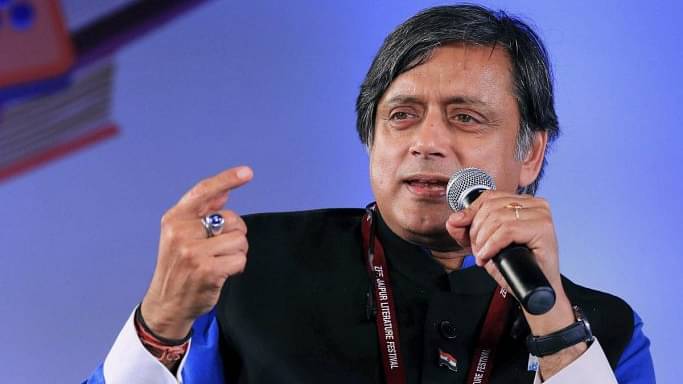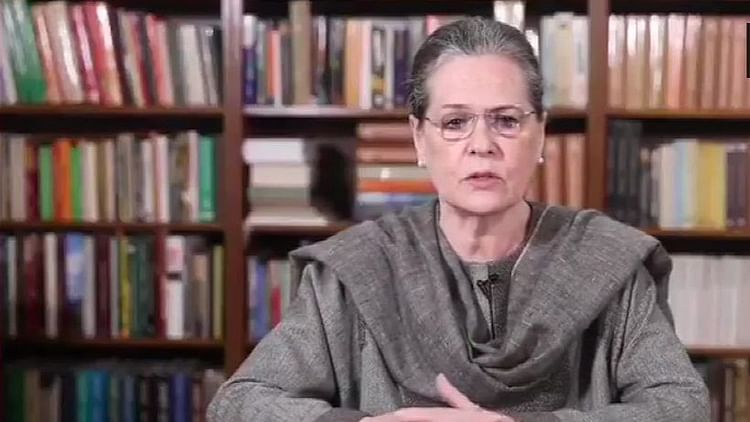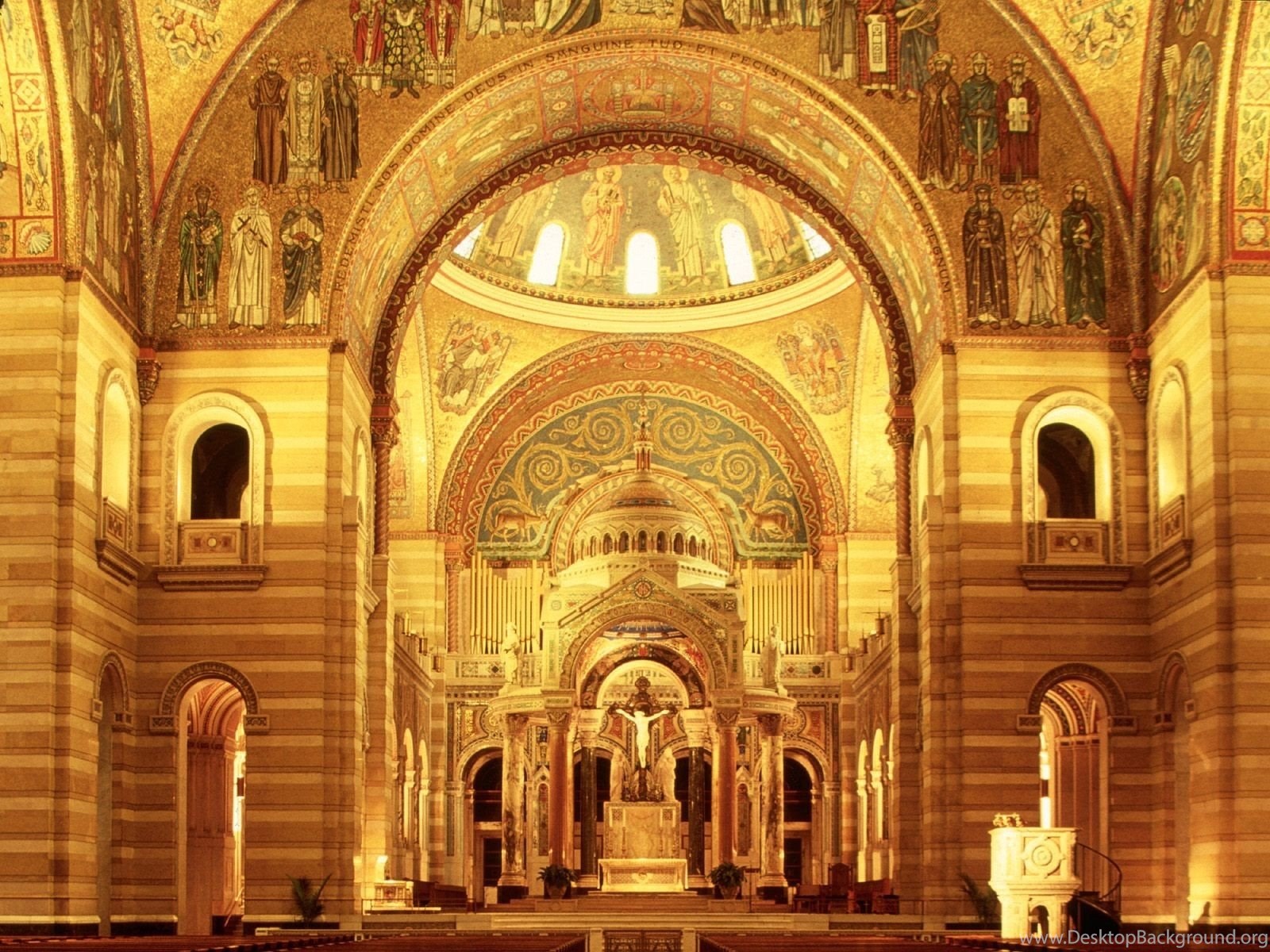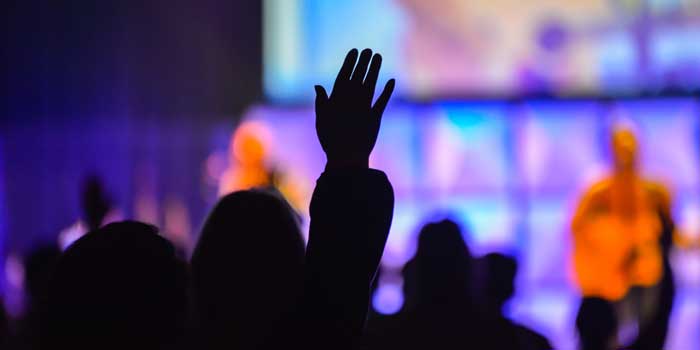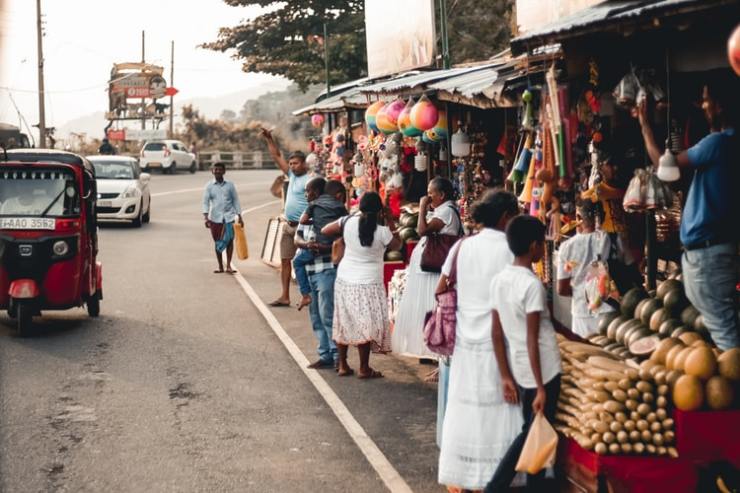Axe-Wielding, Tribal Animists Set Bibles, Church Building Ablaze in Eastern India
Tribal animists in eastern India earlier this month surrounded a church building with axes, threatened to kill Christians within and later burned down the thatched-roof structure, sources said. Hard-line animists in Odisha state’s Perigaon village, Rayagada District, attacked on Dec. 1 after having raided Christians homes to seize and burn Bibles five days earlier. “After we concluded the prayers and community lunch service [on Dec. 1], a batch of around 15 tribal men came with axes, surrounded the church and threatened that they will chop us into pieces,” pastor Bibudhan Pradhan told Morning Star News. The assailants surrounded the pastor and his wife as they were trying to return to their home in another town, he said. “They took us inside the village and held us hostage for more than four hours,” Pastor Pradhan said. “They abused us in vulgar language, words that I can’t utter with my mouth, and threatened us that their gods and goddesses will swallow us alive for propagating Christianity in an Adivasi [indigenous tribal] hamlet.” Tribal animists burned church building in Perigaon village, Odisha state, India, on Dec. 1, 2019. (Morning Star News) He and his wife remained calm in captivity, he said. Church members told the assailants that the pastor
Villagers in Bilkua, West Bengal forced to reconvert to Hinduism or remain Christians and be expelled
Religious extremists interrupted a peaceful prayer gathering of 12 and accuse the Christians of forced conversion in Bilkua, Paschim Medinipur, West Bengal. When the village pastor, Ramu Hala tried to restart the prayer meeting, the extremists were furious. They stopped him and warned him not to enter the village again. After which, the pastor could no longer lead a worship service in Bilkua. Pastor Hala, who serves with Oasis Ministries, travels to different villages to deliver the gospel and pray for the sick. When the villagers saw how the gospel healed the sick and drive out evil spirits from people, they were happy to receive Jesus Christ and started to gather at Gopal Bhakta, a fellow villager's house. Seeing this, the extremists threatened the Christians to reconvert to Hinduism or face social boycott. Concerned for the Christians in Bilkua, pastor Hala started holding worship services in nearby village and made it easy for Bilkua believers to come join the worship service and pray together. According to Persecution Relief, on December 12, around 16 Christian women, whose husbands had still not come to the saving faith, were invited to a meeting. The village head told the women to get their husband for the next meeting on December
Why I’m Protesting: BJP’s Citizenship Bill Mirrors Nuremberg Laws
When Nazi Germany passed the Nuremberg Laws in 1935, they made it illegal for non-Germans to be citizens. Germans to prove that they had Aryan ancestry. https://youtu.be/7XWHGh7fYkY India’s Citizenship Amendment Bill mirrors those Nazi laws. Instead of segregating people by genetics, it segregates them by religion. It makes religion the basis for citizenship. CAB is only the latest in a line of recent fascist actions in Prime Minister Narendra Modi’s “New India.” It has been a grim year for India as Modi’s BJP rams through its Hindu nationalist agenda with blitzkrieg speed. After Modi was re-elected in May, he wasted no time in implementing the BJP’s long-standing demands. That includes: 1 — Enacting the National Register of Citizens in Assam, ultimately stripping nearly 2 million Assamese of citizenship. Modi’s government is currently building concentration camps to house these people who have been newly-made stateless. 2 — Scrapping Article 370 in Jammu and Kashmir. Modi’s government stripped the only Muslim-majority state in India of its semi-autonomous status — then stole away its statehood. Kashmir remains under martial law. 3 — Giving the green light to build a temple on disputed land in Ayodhya — and handing over the rights to do so to the same people responsible for the violent demolition
Dayal, Cedric among Hundreds detained for protesting CAA
John Dayal and Jesuit Father Cedric Prakash were among hundreds of human rights activists on December 19 detained in various parts of India for protesting against the Citizenship Amendment Act (CAA), which they say is divisive. The Delhi Police detained Dayal, a senior journalist and human rights activist, along with others for protesting in front of police headquarters Others detained included socialist leader R K Jain, former Karnataka legislator B R Patil, Nisar Alam of Madhya Pradesh, Manoj Sehrawat and M A Johar of Mushawarat. They were later released. All were picked up from Shaheed Park headquarters and were taken to Shaheed Park Police Station, said A.C. Michael, former member of Delhi Minority Commission. Father Prakash was detained with others in Ahmedabad, Gujarat. Upon the detention, the Jesuit priest said, “We are truly living in a fascist state.” In Bengaluru, capital of Karnataka state, as many as 25 people, including historian and author Ramachandra Guha, were detained by the police when they tried to stage a peaceful protest at Town Hall. Guha was bundled into a van when he tried to defend his right to take out a peaceful rally. The police also rounded up protesters from surrounding streets and roads as they were making their way to
CAA: Modi govt has set India ona dark path motivated by prejudice and bigotry, says Tharoor
I think it is unfair to differentiate between different persecuted minorities because we are all human beings who deserve equal respect and dignity, he says The enactment of the controversial Citizenship (Amendment) Act has triggered protests across the country as with each passing day there is fear that several of the citizens who elected this government could become non-citizens once the National Register of Citizens is implemented. “This land does not and should not discriminate against any individual, regardless of where they may come from and what they may believe in. They have always been allowed to make this their home, to prosper and are free to be who they want to be. This Act undermines that rich tradition,” said Shashi Tharoor, Congress MP from Thiruvananthapuram. He was one of the Congress MPs who had submitted a notice to object even the introduction of the Bill in Lok Sabha. Moreover, this government does not embody democratic values, pointed out Tharoor. Edited excerpts of an interview with Shashi Tharoor: How will the CAA damage the country? Could you also speak about its harm to the fraternity in India? The CAA is an affront to the ethos of plurality and secularism enshrined in our Constitution by our forefathers
Christians in India uncertain about this year’s Christmas celebration
As Christmas is approaching, there is a growing sense of fear among Christians because of the ongoing religious persecution in the country. According to International Christian Concern (ICC), over half a dozen incidents of violence against Christians were recorded in just a week in December. As a consequence of these incidents, several churches were shut down, at least 10 Christians were arrested and booked with criminal charges, and 25 Christians families faced social boycott where they were denied clean drinking water. Though the increasing intolerance is not new for Christians in the country, these incidents are affecting the sentiments of the community and preventing them from celebrating the holidays freely. Pastor Raja Bhovi, head pastor of His Grace Church in Karnataka, told ICC that they have canceled all their Christmas events, including carols, cottage meetings and pre-Christmas events in Banni Mardatti village. "There is a fear of being attacked by Hindu radicals," the pastor said. In the first week of December, a mob of radical Hindus attacked pastor Bhovi's church community and beat the Christians. "We were small in number at the police station compared to mob of Hindu radicals," Pastor Bhovi explained. "All of the 25 Christian families were present at the police station to lodge a complaint,
Congress President Sonia Gandhi: BJP govt shown utter disregard for people’s voice, unacceptable in democracy
In a video message to the people of the country, Congress President Sonia Gandhi condemned the BJP govt for suppressing people’s voices using brute force. She said it is unacceptable in a democracy Congress President Sonia Gandhi said in a video message that the BJP government has shown utter disregard for people's voices, used brute force to suppress dissent. It is unacceptable in a democracy. In a democracy, people have the right to raise their voice against wrong decisions and policies of the govt and register their concern. Congress condemns actions of BJP govt, expresses its solidarity with students and citizens in their just struggle, she said. Criticising the new Citizenship Amendment Act, Sonia Gandhi said that the Act is discriminatory, and proposed nationwide NRC will particularly hurt poor, vulnerable. Emphasising the values the Congress has stood for, she said, “Congress is fully committed to defend the fundamental rights of people and uphold foundational values of Constitution.”
No harm in backtracking on citizenship law: Cardinal Gracias
There is no harm in backtracking if the government thinks it has erred in amending citizenship laws, says Cardinal Oswald Gracias, head of the Catholic Church in India. “Religion should never be made a dividing factor,” asserted the cardinal when asked about the political turmoil in India over the controversial Citizenship Amendment Act 2019 (CAA) and the implementation of the National Register of Citizens (NRC). However, the prelate disapproved people indulging in violence to get their voices heard. “Violence is not right. A continuous discussion must take place,” the Bombay archbishop told friends and well-wishers who on December 24 greeted him on his 75th birthday. Cardinal Gracias, president of the Catholic Bishops’ Conference of India and an adviser of Pope Francis, says he is “very keen” on inter-religious dialogue between people of different faiths. “This will knock off any prejudices and eventually help to understand and appreciate each other. I want the Catholic community to be at the forefront of this… to build bridges,” he added. The Indian Church leader termed the love for the nation as an important trait of citizens. “If we truly feel strongly about India, then we must work for the country, to the point of being ready to sacrifice
CCA cause of worry: Indian Catholic Church leaders
After weeks of silence, leaders of the Catholic Church have commented on the controversial Citizenship Amendment Act and countrywide protests against it. On December 27, Cardinal Oswald Gracias, president of the Catholic Bishops’ Conference of India, said the ongoing controversy and demonstrations and counter demonstrations against the new law is a cause of “great anxiety” for all as they would harm the country. “There is a danger that there could be a polarization of our peoples along religious lines, which is very harmful for the country,” warned the cardinal, who turned 75 on December 24. The cardinal, the archbishop of Bombay and one of the six advisers of Pope Francis, says religion should never become the criterion for citizenship of a country. “Nor is violence a solution when there is a difference of opinion,” he said in a press release. He urged the government to dialogue with those opposing the Act, and come to an agreement about the way forward with justice, equity and fairness. “There is no harm in backtracking: changing course if this is necessary for the good of the country and our people,” the cardinal repeated what he had told his friends and admirers who had come to celebrate his birthday in
CAA, a threat to many Tamil Sri Lankan refugees living in India
Under the new Citizenship Amendment Act (CAA), approximately 100,000 Tamil Sri Lankan refugees, an ethnic minority in India, may not be eligible for citizenship, which may force them to leave the country and return to the island nation they escaped during the civil war. Civil war in Sri Lanka lasted for almost three decades and finally ended in May 2009. Thousands of innocent people were killed during the war and thousands fled to neighbouring states in India. Majority of the refugees settled in Tamil Nadu. Refugees in Tamil Nadu get free education, rations and healthcare but are not eligible to receive official documents and have limited job allowance. After the CAA was passed, many refugees may be forced into a place where they have no homes to return to. According to one of the state government officials, Home Minister Amit Shah had promised Tamil Nadu Chief Minister Edappadi Palaniswami that he would consider excluding Tamil refugees from the CAA. S. Velayutham, an advocacy officer at the non-profit Organisation for Eelam Refugees Rehabilitation in Chennai said that most of these refugees are Christians or Hindus, whose forefathers were born in India. "Many were sent by the British as indentured labourers on Sri Lankan tea plantations, and hoped





